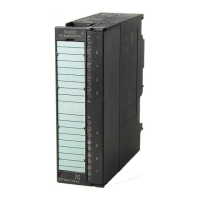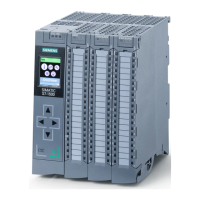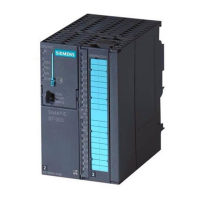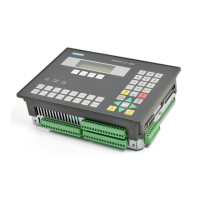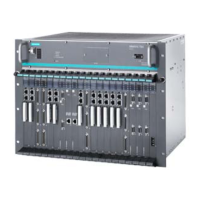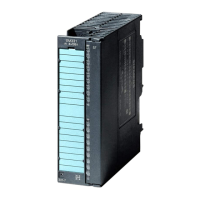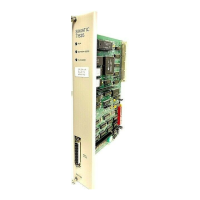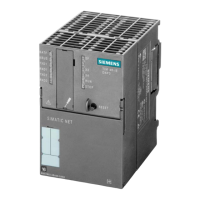Fault-Tolerant Programmable Logic Controllers
1-3
Automation System S7-400H Fault-tolerant Systems
A5E00068197-07
Why do we have fault-tolerant programmable logic controllers?
The objective of using high-availabilty programmable logic controllers is a reduction
of production losses. It does not matter whether the losses are caused by an error
or as a result of maintenance work.
The higher the costs of a stoppage, the more worthwhile it is to use a fault-tolerant
system. The generally higher investment costs of fault-tolerant systems are quickly
compensated by avoiding production losses.
Software redundancy
In a large number of applications, requirements for the quality of redundancy or the
number of system sections that necessitate redundant PLCs are not high enough
to warrant the use of a specific fault-tolerant system. Frequently, simple software
mechanisms are sufficient to allow continuation of a failed control task on a
substitute system in the event of an error.
The “SIMATIC S7 Software Redundancy” options software can run on S7-300 and
S7-400 standard systems to control processes that tolerate transfer times to a
substitute system within seconds, such as water works, water treatment systems
or traffic flows.
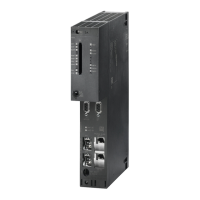
